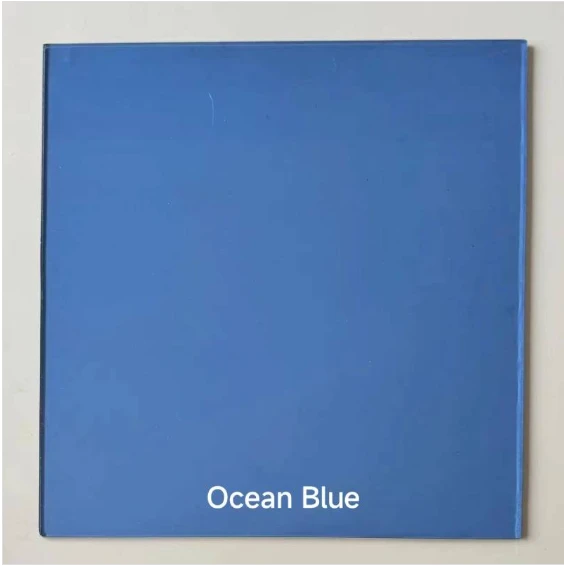Float glass represents a remarkable innovation in the glass manufacturing process, revolutionizing the way glass products are produced, perceived, and utilized in various industries. As one of the most prevalent types of glass, float glass serves as the backbone for numerous applications ranging from architectural projects to everyday consumer products. Its durability, clarity, and versatility make it a material of choice for both professional applications and residential use.

In the realm of construction, float glass has become indispensable due to its seamless integration into modern architecture. Its ability to be produced in large panes without imperfections such as wrinkles or warps provides architects with the capability to design with more freedom and imagination. High-rise buildings, which adorn city skylines, extensively use float glass to enhance aesthetics and add to energy efficiency. Treated versions, like tempered or laminated float glass, also offer improved safety features and better thermal insulation, aiding architects and builders in meeting stringent building codes while achieving desired energy ratings.
From a production standpoint, the float glass process, pioneered in the mid-20th century, is where raw materials like silica sand, soda ash, and limestone are heated to a molten state and then floated over a bed of molten tin.
This ingenious method yields a uniformly flat and structurally sound glass sheet as it cools. It is this precision and efficiency in manufacturing that elevate float glass's reputation in the industry. The facilities designing and producing this glass often adhere to rigorous quality standards, ensuring each product meets technical specifications that endorse safety and reliability.

In automotive applications, float glass is prized for its adaptability and strength. Manufacturers rely on its capacity to be easily shaped and tinted to suit vehicle designs, balancing visibility, energy efficiency, and aesthetic preferences. The automotive industry’s demand for more innovative, lightweight materials makes float glass a frontrunner due to its lightweight yet robust properties, which contribute to reducing vehicle weight and improving fuel efficiency.
float glass
The versatility of float glass extends even to the technology sector, where it is an integral component in the production of smartphones, tablets, and other smart devices. Here, emerging technologies continuously push the boundaries, innovating float glass with new coatings and finishes to deter scratches and increase durability. This adaptability ensures that float glass not merely remains relevant but evolves to meet the challenging needs synonymous with cutting-edge technology.
Understanding the ever-evolving market demands, manufacturers of float glass actively engage in research and development. This dedication assures innovations like self-cleaning and anti-reflective glass, aligning with eco-friendly and sustainable building practices. By prioritizing a sustainable life cycle—from production to recycling—float glass manufacturers position themselves as vanguards of an environmentally conscious market.
In essence, float glass is not just a product—it's a testament to ingenuity and adaptability across various sectors. Architects, automotive engineers, and tech innovators alike recognize its unparalleled utility and reliability. Its sustained evolution, driven by continuous advancements and burgeoning applications, underscores its standing as both a staple and a forerunner in the glass industry. Trust in float glass is not misplaced; it is earned through decades of consistent innovation and assurance of quality—an indispensable material in the modern world’s toolkit.



